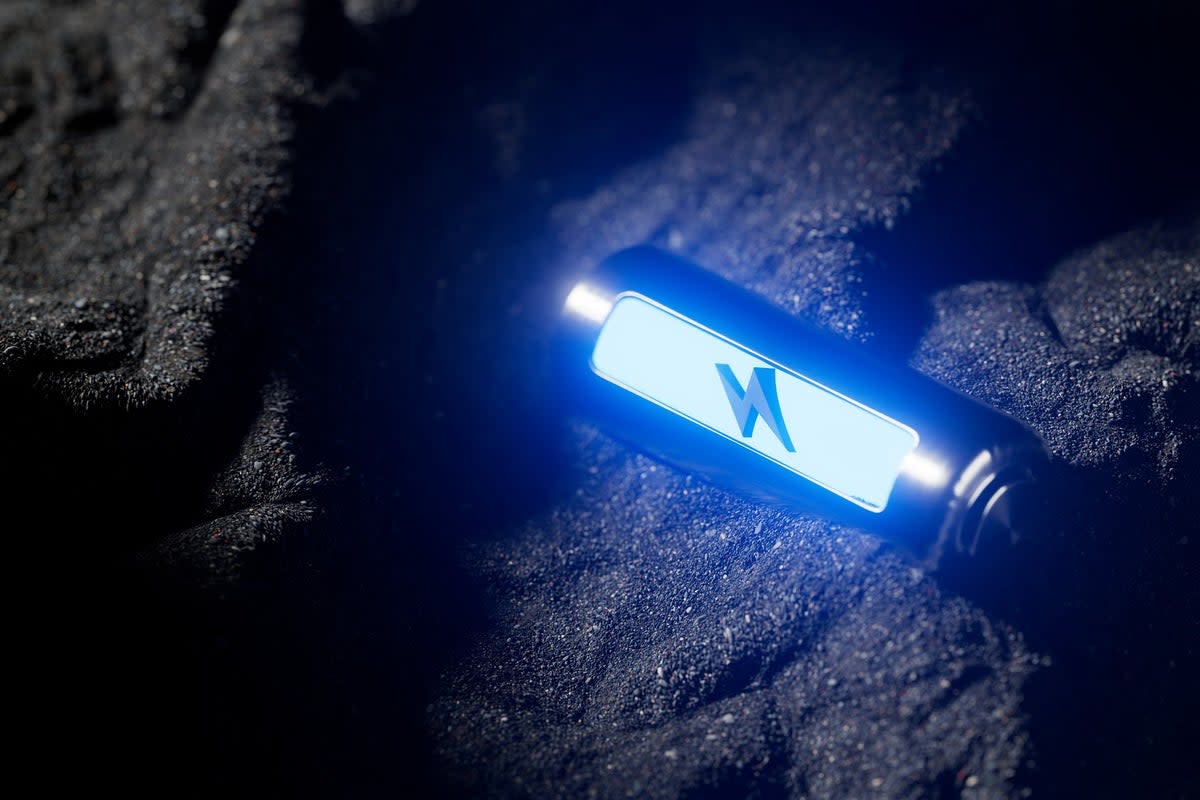Lithium discovery hails new era of cheaper and more environmentally friendly electric cars

A new method to extract lithium in a more environmentally friendly and efficient way could have profound implications for the electric vehicle industry, according to researchers.
Global production of lithium – an essential mineral for manufacturing the lithium-ion batteries that are found in everything from smartphones to electric cars – has tripled over the last 10 years, however current extraction techniques are slow and energy intensive.
These methods also require the lithium to be highly concentrated in the rock ore, meaning only a few countries have deposits worth mining.
A team of researchers from the University of Chicago Pritzker School of Molecular Engineering (PME) have now come up with a way to extract lithium in a manner that they claim can overcome all of these issues.
The new method is so effective that it can extract lithium from sources that have been previously impossible on a commercial scale, such as seawater and groundwater.
“Right now there is a gap between the demand for lithium and the production,” said Chong Liu, an assistant professor at the University of Chicago PME.
“Our method allows the efficient extraction of the mineral from very dilute liquids, which can greatly broaden the potential sources of lithium.”
The approach isolates lithium based on its electrochemical properties, allowing it to be soaked up in a similar way to water in a sponge. The research was detailed in a study, titled ‘Identifying critical features of iron phosphate particle for lithium preference’, which was published in the journal Nature Communications.
The breakthrough comes amid stagnating sales for electric vehicles in Europe and North America.
The EU and UK saw a 9 per cent decrease in sales in May compared to the same month last year, according to figures published on Wednesday by EV research firm Rho Motion.
In the US and Canada, year-on-year sales of electric vehicles dropped 3 per cent in May, despite domestic automakers ramping up production.
The latest lithium discovery could ultimately help reduce the cost of producing batteries and therefore lower the cost of electric vehicles. With new tariffs on imported batteries from China set to be introduced, the researchers said it could also secure domestic lithium supplies and reduce reliance on imports.
The researchers hope the newly discovered technique will propel further development to lead to commercial use.


